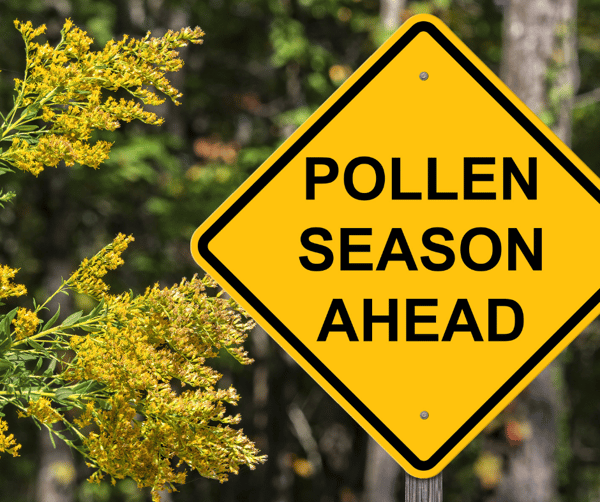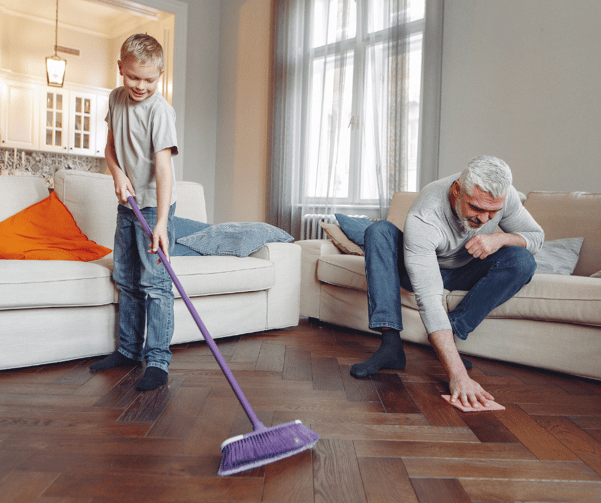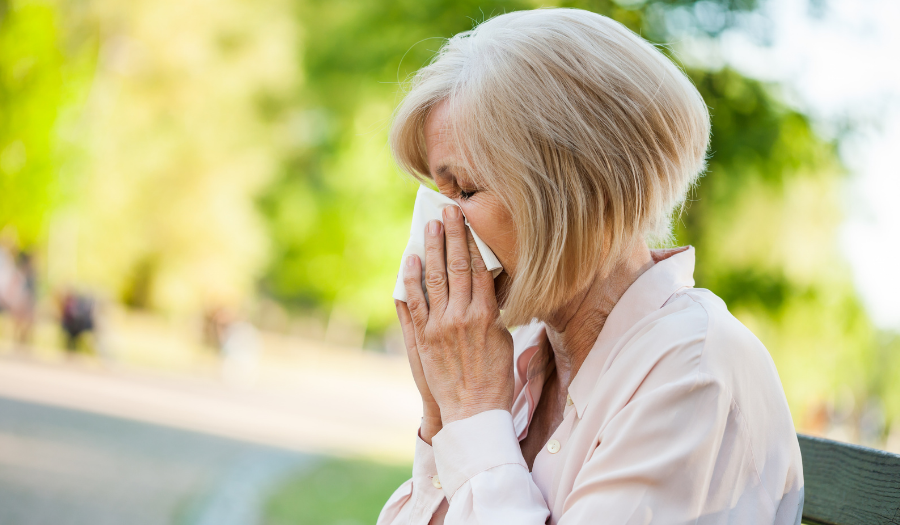Having COPD can cause many respiratory problems and it can become more complicated when seasonal allergies come into play. To avoid these extra complications and understand why allergy symptoms happen, let’s do an overview of what COPD is and how seasonal allergies can make the condition worse.
COPD stands for Chronic Obstructive Pulmonary Disease and is a lung disease that can cause inflammation in the lungs and obstructed airflow. Symptoms include wheezing, severe coughing and fatigue. It can also cause mucus production, making it difficult to breathe.
The most common seasonal allergies include stuffy nose and itchy, watery eyes. Even though seasonal allergens are something no one can control, taking these 4 steps can help lower your chance of worsening symptoms and avoiding more complications.
1. Check the air quality and pollen count in your area.

Using sites like pollen.com or airnow.gov, can help you decide how much outdoor time you can limit yourself to. Knowing the air quality in your area before you go out will allow you to enjoy the outdoors when pollen count is low and will keep you informed as to when staying indoors is best due to a high pollen count.
2. Take over-the-counter medication.

Always ask your doctor what would be best for you but medications like Benadryl or Zyrtec, can be used to stop your immune system from reacting to the allergens thus stopping the symptoms. Starting an allergy medicine before seasonal allergies begin can also help protect your immune system at a stronger rate.
3. Keep your home environment clean.

Having a consistent cleaning schedule is great but taking a few extra steps can help lower your risk of allergens in your home. Keeping your house clutter-free will help reduce excess dust particles trapped in places or floating around your home. Unfortunately, pet hair can hold dander, so it is best to keep pets away from sleeping areas.
Clothes can also collect pollen and allergens from outside so changing into clean ones as soon as you get home from being outside can help keep your house clean.
4. Talk to your doctor.

Over-the-counter medicine can help but it’s best to know what’s right for you depending on your condition. There are inhalers or medications that your doctor can prescribe you, possibly being a better option for your health.
The effects of seasonal allergens can make daily life even more difficult when you have COPD. Remember to discuss a plan with your doctor and see what would be best for you this spring season. You can worry less about complicating your health by taking extra caution with these four helpful steps to keep you going!




.png?width=767&name=COPD%20in%20the%20cold%20(2).png)









